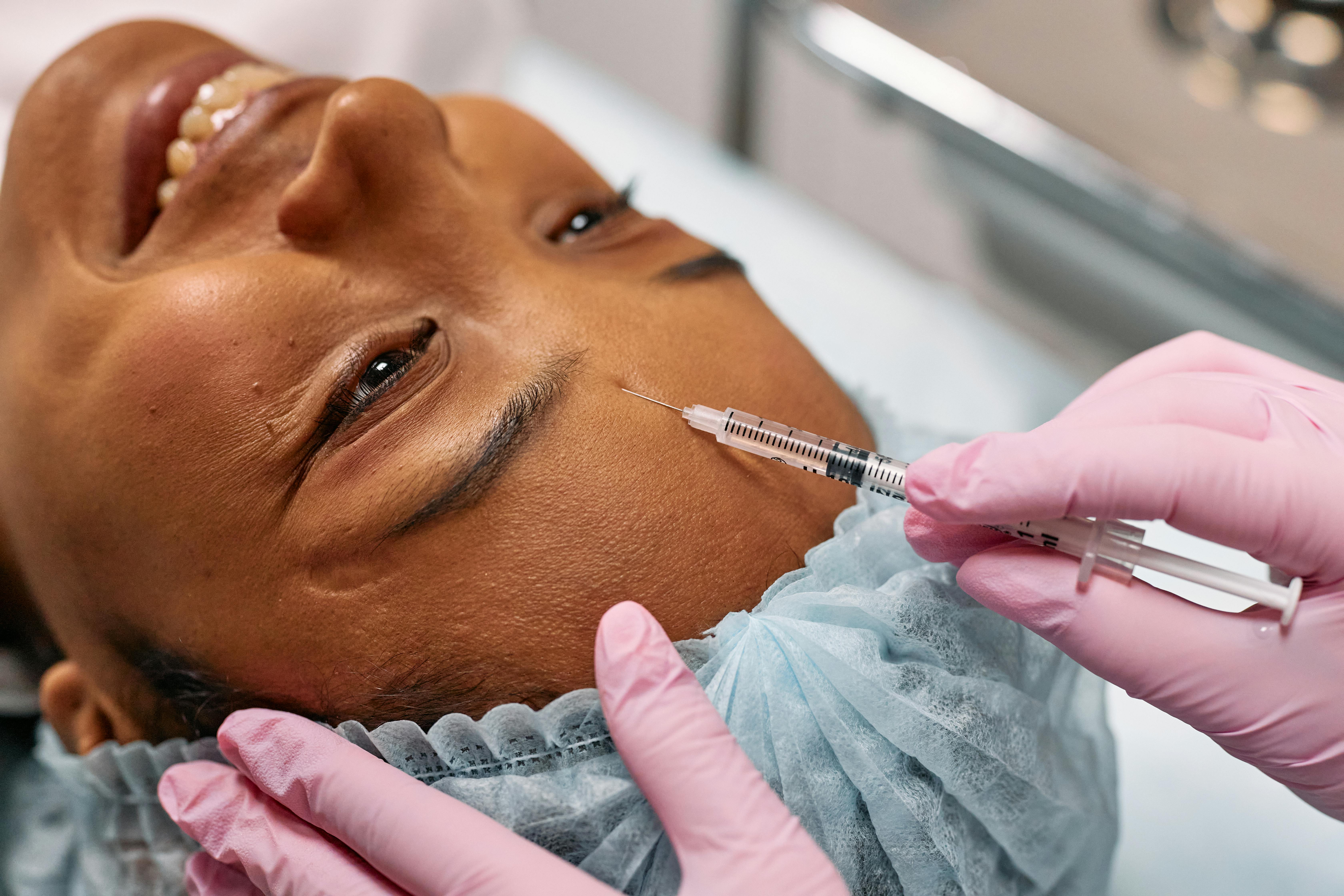Dermatitis Care – Information About Treatments and Skin Health Management
Dermatitis affects millions of people worldwide, causing inflammation, irritation, and discomfort that can significantly impact daily life. This common skin condition encompasses various forms, including atopic dermatitis (eczema), contact dermatitis, and seborrheic dermatitis. Understanding the available treatment options and effective skin health management strategies is essential for anyone dealing with these persistent skin challenges.

What Are Common Causes and Symptoms of Dermatitis and Eczema
Dermatitis manifests through several distinct types, each with unique triggers and characteristics. Atopic dermatitis, commonly known as eczema, often begins in childhood and is linked to genetic factors and immune system dysfunction. Contact dermatitis occurs when skin comes into direct contact with irritants like chemicals, fragrances, or allergens such as poison ivy or nickel.
The symptoms of dermatitis typically include red, inflamed patches of skin that may appear dry, scaly, or weeping. Intense itching is perhaps the most troublesome symptom, often leading to scratching that worsens the condition. Other common signs include skin thickening, cracking, and the formation of small bumps or blisters. Seborrheic dermatitis specifically affects oily areas of the body, causing flaky, yellowish scales on the scalp, face, and chest.
Environmental factors play a crucial role in triggering dermatitis flare-ups. These include extreme temperatures, low humidity, stress, certain fabrics, harsh soaps, and specific foods in some individuals. Identifying personal triggers is essential for effective management and prevention of future episodes.
Modern Treatment Methods Including Therapy and Professional Care
Contemporary dermatitis treatment approaches have evolved significantly, offering patients multiple options for managing their condition. Topical corticosteroids remain a cornerstone of treatment, available in various strengths to match the severity of symptoms. These medications effectively reduce inflammation and itching when used appropriately under medical supervision.
Topical calcineurin inhibitors, such as tacrolimus and pimecrolimus, provide non-steroidal alternatives that are particularly useful for sensitive areas like the face and neck. These medications work by suppressing the local immune response without the side effects associated with long-term steroid use.
For severe cases, systemic treatments may be necessary. Oral corticosteroids can provide rapid relief during acute flare-ups, while immunosuppressive medications like methotrexate or cyclosporine may be prescribed for chronic, resistant cases. Newer biologic treatments, including dupilumab, have shown remarkable success in treating moderate to severe atopic dermatitis by targeting specific immune pathways.
Phototherapy represents another professional treatment option, using controlled ultraviolet light exposure to reduce inflammation and improve skin appearance. This treatment is typically administered in specialized dermatology clinics and requires multiple sessions for optimal results.
Individual Approaches to Skin Health Management
Effective dermatitis management extends far beyond medical treatments, requiring a comprehensive approach to daily skin care and lifestyle modifications. Establishing a gentle skincare routine forms the foundation of successful management. This includes using fragrance-free, hypoallergenic moisturizers immediately after bathing to lock in moisture and strengthen the skin barrier.
Bathing habits significantly impact dermatitis symptoms. Lukewarm water is preferable to hot water, which can strip natural oils from the skin. Limiting bath time to 10-15 minutes and using mild, soap-free cleansers helps prevent further irritation. Pat drying rather than rubbing with towels minimizes mechanical irritation.
Dietary modifications may benefit some individuals, particularly those with food-related triggers. Common culprits include dairy products, eggs, nuts, and certain preservatives. Working with healthcare professionals to identify and eliminate trigger foods through elimination diets can be valuable for some patients.
Stress management techniques play an important role in dermatitis control, as emotional stress often triggers flare-ups. Regular exercise, adequate sleep, meditation, and other relaxation techniques can help reduce stress-related symptoms.
Environmental modifications within the home can create a more skin-friendly atmosphere. Using humidifiers during dry seasons, choosing cotton or bamboo fabrics over synthetic materials, and maintaining cool temperatures can all contribute to symptom reduction.
Professional dermatitis care services vary in cost depending on the type of treatment and geographic location. Initial dermatology consultations typically range from $200 to $400, while follow-up visits may cost $150 to $300. Prescription medications add additional expenses, with topical treatments ranging from $50 to $200 per month, and newer biologic therapies potentially costing $2,000 to $4,000 per month before insurance coverage.
| Treatment Type | Provider | Estimated Monthly Cost |
|---|---|---|
| Topical Corticosteroids | General Dermatology | $50 - $150 |
| Topical Calcineurin Inhibitors | Dermatology Specialists | $100 - $250 |
| Biologic Therapy (Dupilumab) | Specialized Centers | $2,000 - $4,000 |
| Phototherapy Sessions | Dermatology Clinics | $300 - $800 |
Prices, rates, or cost estimates mentioned in this article are based on the latest available information but may change over time. Independent research is advised before making financial decisions.
Managing dermatitis effectively requires patience, consistency, and often professional guidance. While the condition can be challenging to live with, combining appropriate medical treatments with comprehensive skin health management strategies offers the best opportunity for symptom control and improved quality of life. Working closely with healthcare providers to develop personalized treatment plans ensures the most effective approach for individual needs and circumstances.
This article is for informational purposes only and should not be considered medical advice. Please consult a qualified healthcare professional for personalized guidance and treatment.




